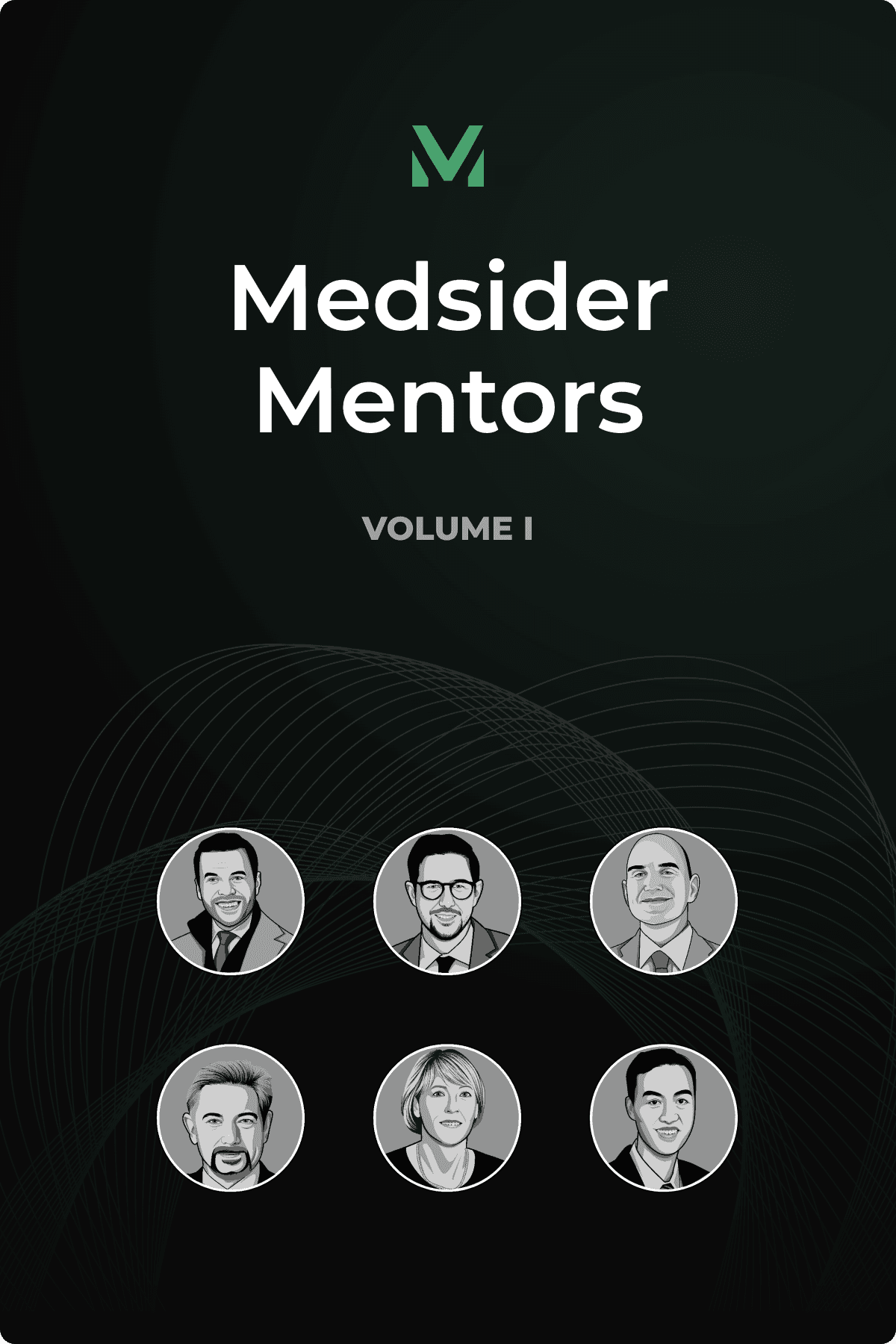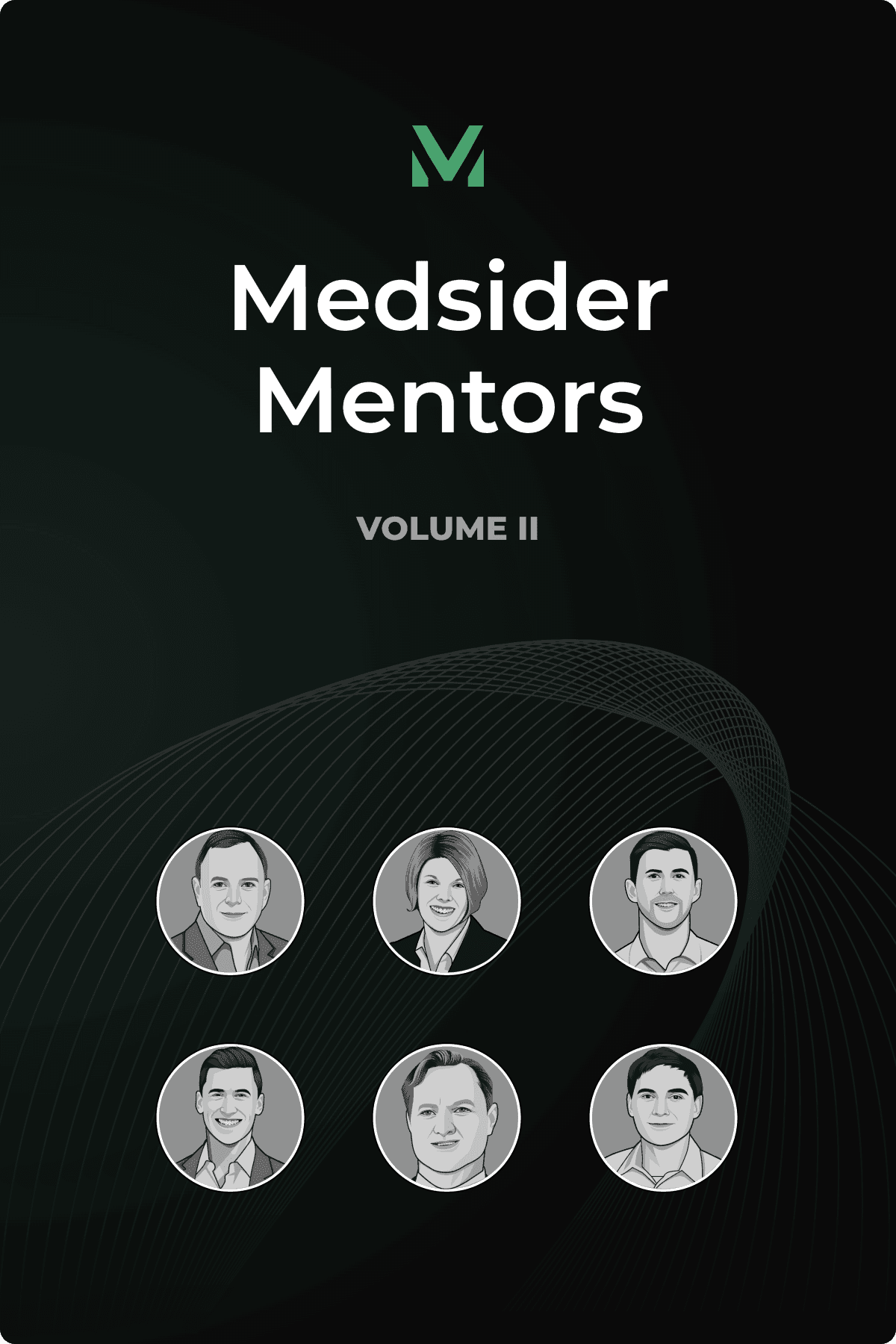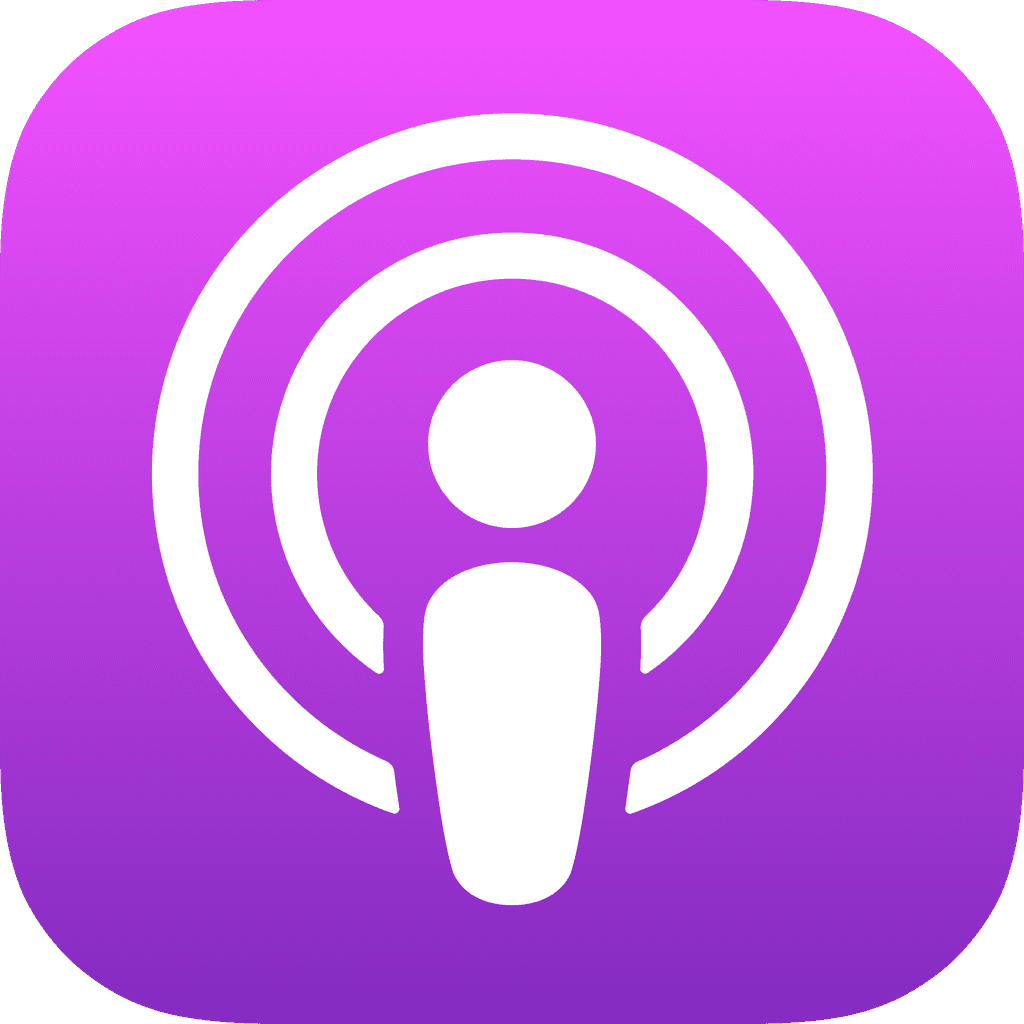Why You Should Weigh the Global and Economic Impact of Your Technology
Interview with Argá Medtech's CEO David Neale

David Neale, co-founder and CEO of Argá Medtech, has 30 years of experience bringing medical goods, services, and devices to bear across the healthcare space — from cardiology to neurology and nephrology to orthopedics. He’s also helped lead product development teams around the world, including South America, Europe, and the United States.
David’s international experience came into play when he decided to launch his startup, Argá Medtech, at the beginning of the COVID-19 pandemic.
He always had an interest in electroporation — the use of electrical currents to open up muscle cells, allowing them to absorb medication. And when he met up with an old friend, Randy Werneth, to go over ideas, they realized they had access to technology that could advance the use of electroporation to help patients with atrial fibrillation.
David and Randy pulled together a team and launched Argá Medtech, focusing on developing its Coherent Sine-burst Electroporation (CSE), the next generation of nonthermal cardiac ablation systems. The company hopes it can provide a safer, faster, and more efficient technology to treat atrial fibrillation.
As a startup, Argá is more nimble and can move faster than a lot of larger companies, according to David. That flexibility was key to helping the company score initial investments and quickly develop the product for testing, all in the midst of a global pandemic.
“We’ve been able to deliver in 18 months what some of the big players, because of their structures, take so much longer to do,” David says.
David believes his experience working with international teams across markets played a key role in helping get the business up and running.
In this episode of Medsider, David discusses how his experience working for multinational organizations helped him launch Argá, and why more medtech companies should focus on the healthcare economic impacts of their technologies.
You May Like These Articles
Medsider Premium
Become a premium member and unlock access to exclusive Medsider benefits.



